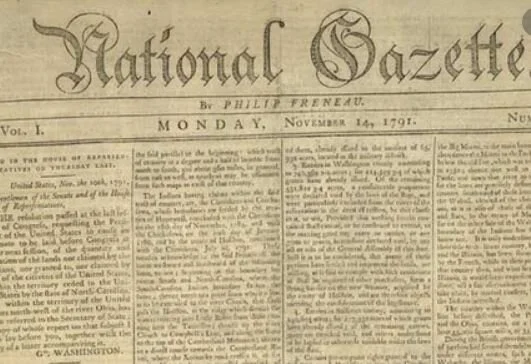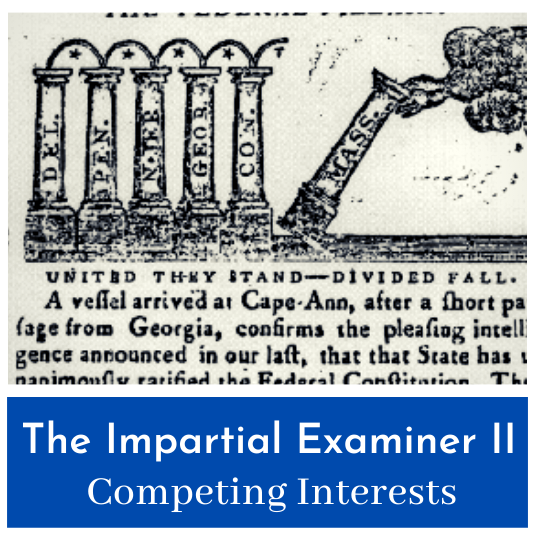The Impartial Examiner IV - Presidential Veto
In the Impartial Examiner’s fourth Essay he attacks the Presidential Veto.
Impartial Examiner IV
June 11, 1788
After three months without a publication, the Impartial Examiner returns with his fourth Essay on the eve of Virginia’s Ratification Convention.
This article is much briefer than the first three and focuses on the problem of a Presidential Veto.
Monarchy
The Examiner begins this piece with a discussion of monarchy.
Specifically, he discusses the situation of the British Monarch and how Parliament’s situation is different from that of America.
The King, he argues, is expected to be the supreme authority over the nation. Therefore, his ability to veto any legislation makes sense.
If a nation has one authoritarian ruler, they should have a gigantic amount of power.
The Veto
The Examiner then turns his attention to the United States.
He is of the opinion that if America really desires a republican government then it must strictly adhere to the separation of powers.
While he acknowledges the Constitution has made an attempt at this, it seems that the proposed Federal Government fails on several accounts.
Specifically here he focuses, the Presidential Veto.
Why should the Executive Branch have any say in the decisions made by the Legislative Branch?
If the powers were really separate, he suggests, then the President should simply enforce the decisions made by Congress and have no effect on the laws themselves.
If you would like to read the original text of Impartial Examiner VI, click here to read it for FREE.
This series is only part of my regular publications, so…
If you want to keep up with all the Founders, make sure you subscribe to my daily newsletter here:





